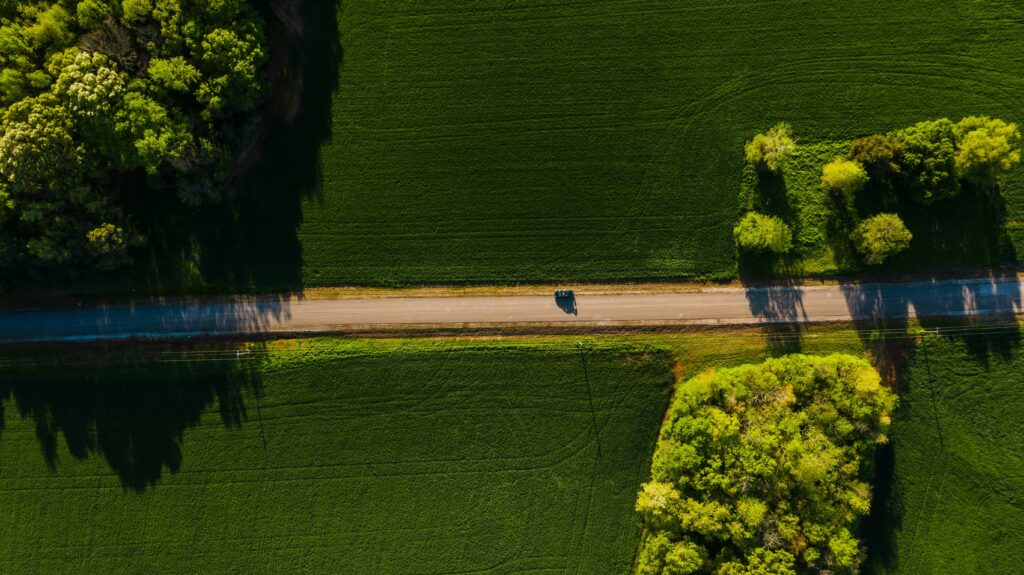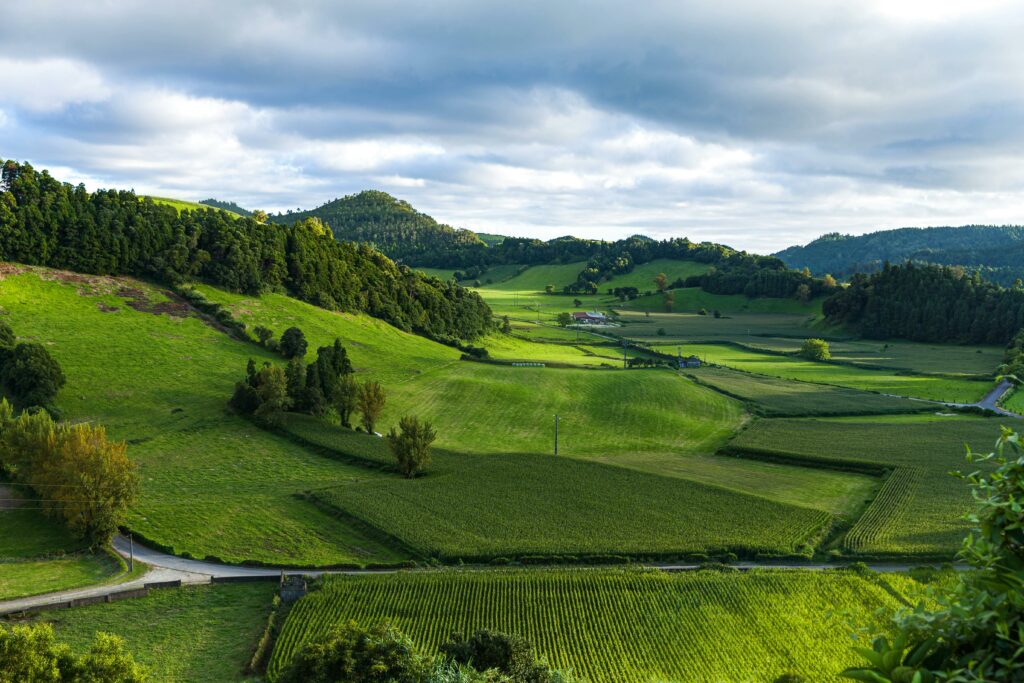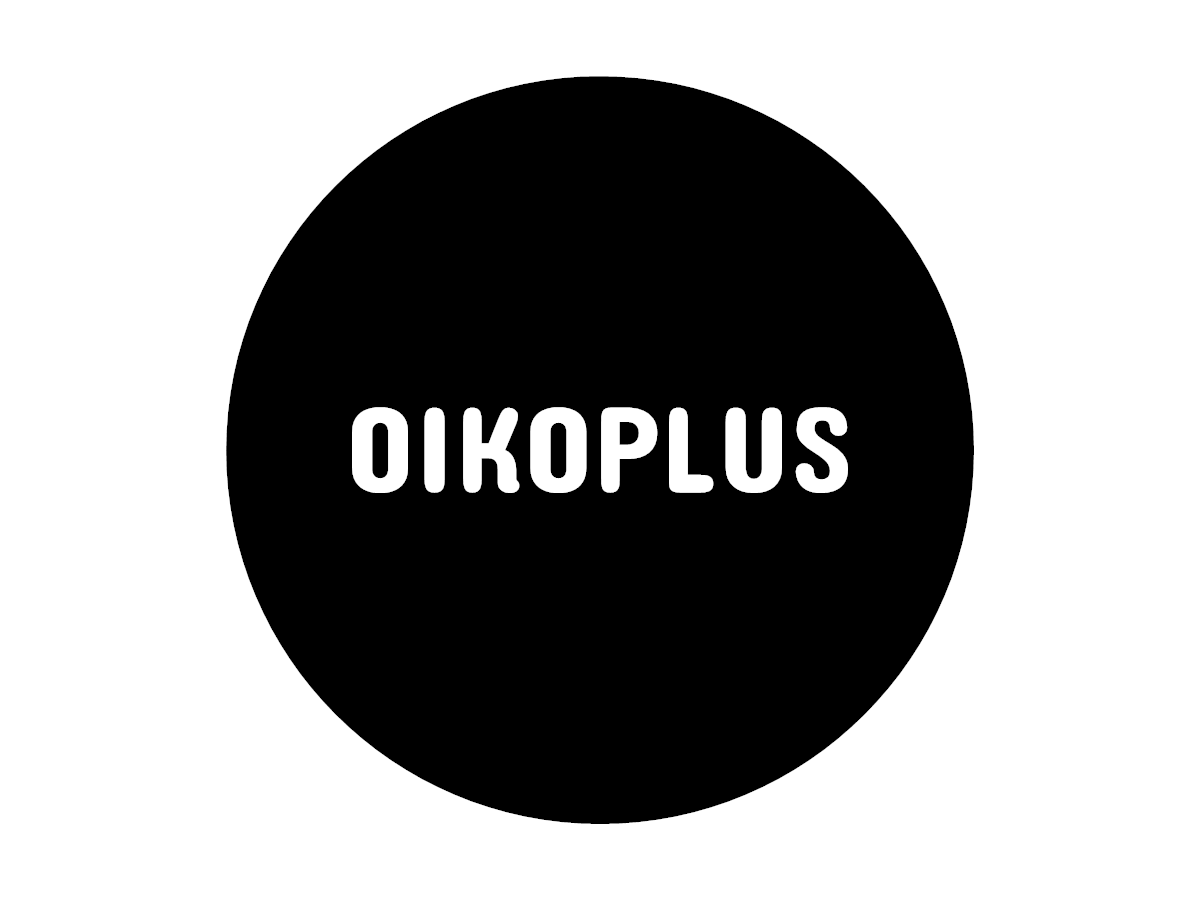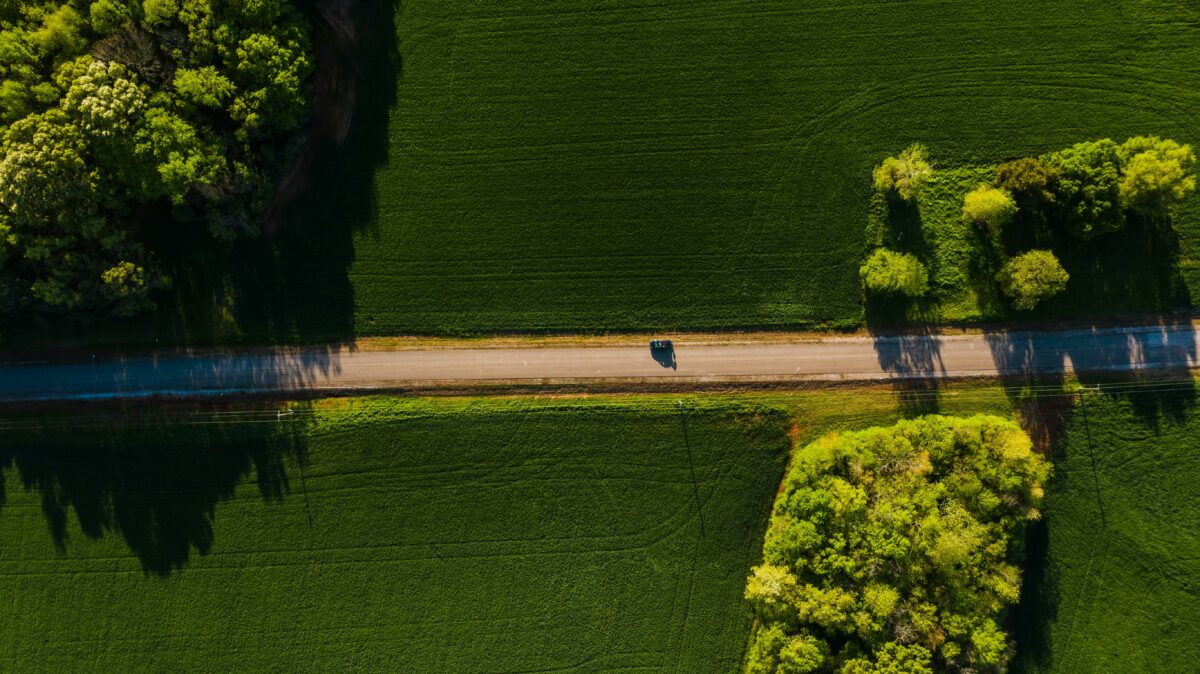Europe is at a turning point. The natural world, so important for our health and well-being, is facing huge challenges. Even before the pandemic, the war in Ukraine, and other conflicts, it was clear that our planet is fragile. In the 2021 Nobel Prize Summit, a resounding call echoed from 126 Nobel Prize laureates called for a big change in how we treat the Earth. Their message resonated with a growing global movement that wants to protect our planet for future generations. More and more people around the world are joining the scientists in their call to protect our planet
This reading list follows up on our previous one about the European Union’s engagement in space. This time, we’re focusing on how the EU is working to create a greener and stronger future here on Earth. We’ll also highlight how OIKOPLUS is playing a part in these efforts.
The European Green Deal: A Paradigm Shift in Our Relationship with Mother Earth
The European Green Deal has a big goal: By 2050, Europe should no longer contribute to climate change. This means living within our planet’s limits and taking care of its resources. We want to change how we interact with nature, protecting and restoring it instead of harming it. The Green Deal focuses on clean energy, recycling, and protecting the variety of life on Earth. It shows that a healthy economy and environment can go hand in hand.

Addressing Issues: Navigating Challenges and Criticism
Even though the European Green Deal is a big step forward, there are also some concerns. The recent advisory board review shows that many countries are taking their time to put the agreed-upon actions into practice. Some experts, as highlighted by Alexander Dunlap and Louis Laratte in Political Geographyworry that the Green Deal relies too much on technology and the market, and doesn’t go far enough in changing how our society works. Others think it doesn’t give people enough say and that some companies might just pretend to be green.
Two Pillars of the Green Deal: Biodiversity and Sustainable Food Systems
The EU Biodiversity Strategy for 2030 and the Farm to Fork Strategy are two important parts of the Green Deal. They aim to tackle the problems of disappearing wildlife and unsustainable food production. Both strategies put into action what Nobel laureates called for in 2021: a new way of living with our planet, based on balance and sustainability. The Biodiversity Strategy aims to stop the worrying loss of nature by setting ambitious goals to restore and protect our natural world. The Farm to Fork Strategy wants to change how we produce and consume food. Experts are excited about these strategies, calling them groundbreaking. They see them as a big step towards a future where we live with rather than from nature. Both, the Institute for European Environmental Policy and independent research groups see them as a major step towards a more nature-friendly future.

Leading the Charge: OIKOPLUS and EU Projects
OIKOPLUS contributes to the EU’s Green Deal mission by disseminating and communicating projects like REACT and BIO-CAPITAL. REACT is leading the fight against invasive fruit flies, which threaten our crops. Through this project, we’re protecting our farms and natural environment. BIO-CAPITAL researches how finances may support biodiversity conservation, ensuring that nature’s capital is valued and protected.
Join us as we continue working towards a greener and stronger future for our planet.


